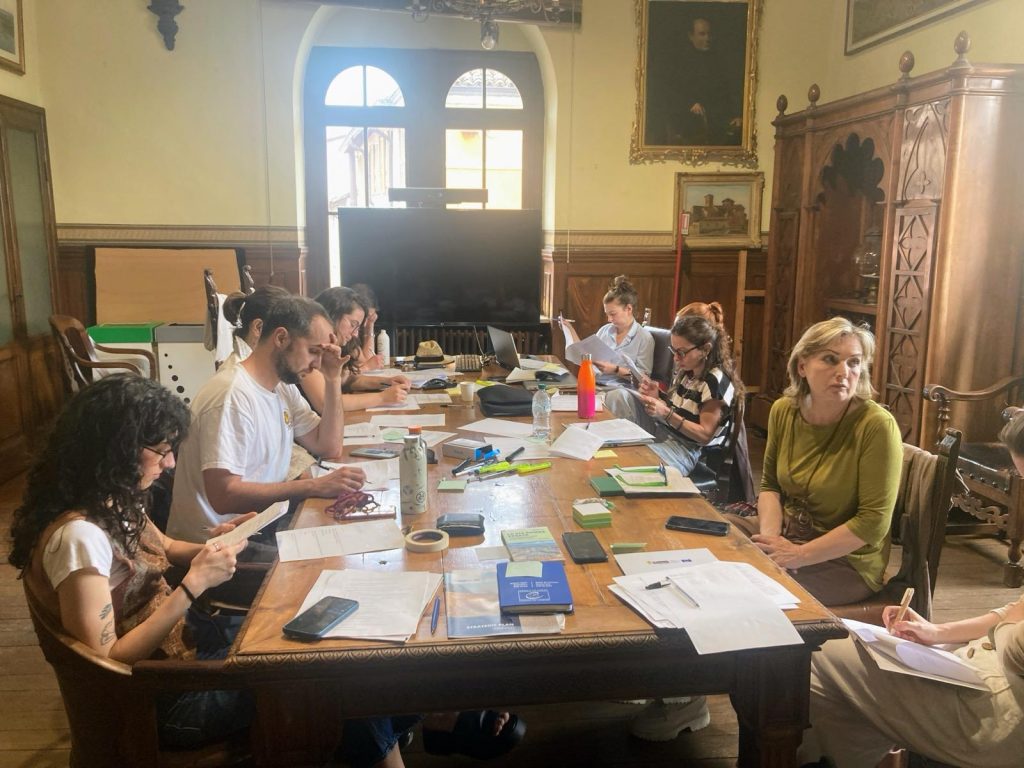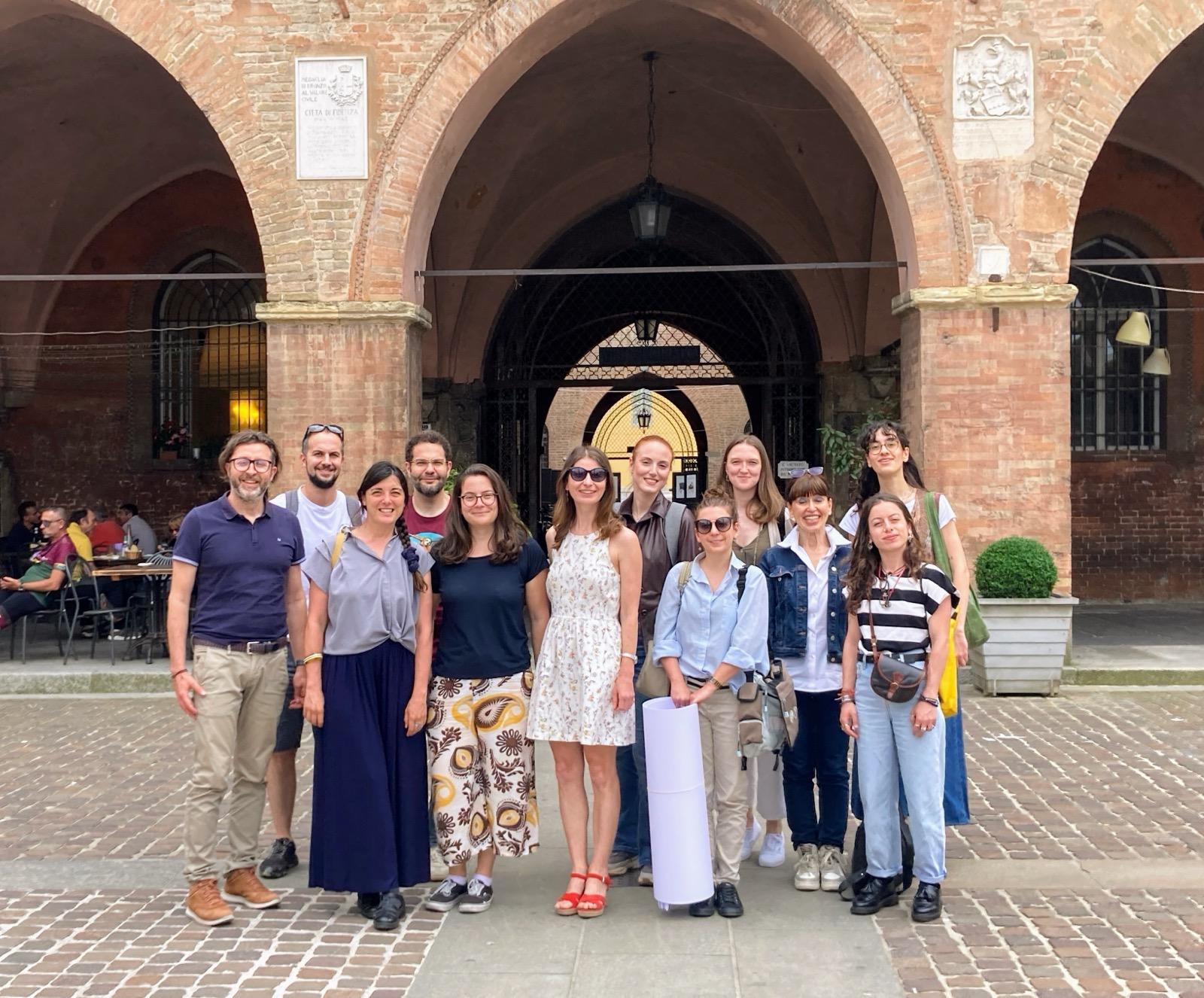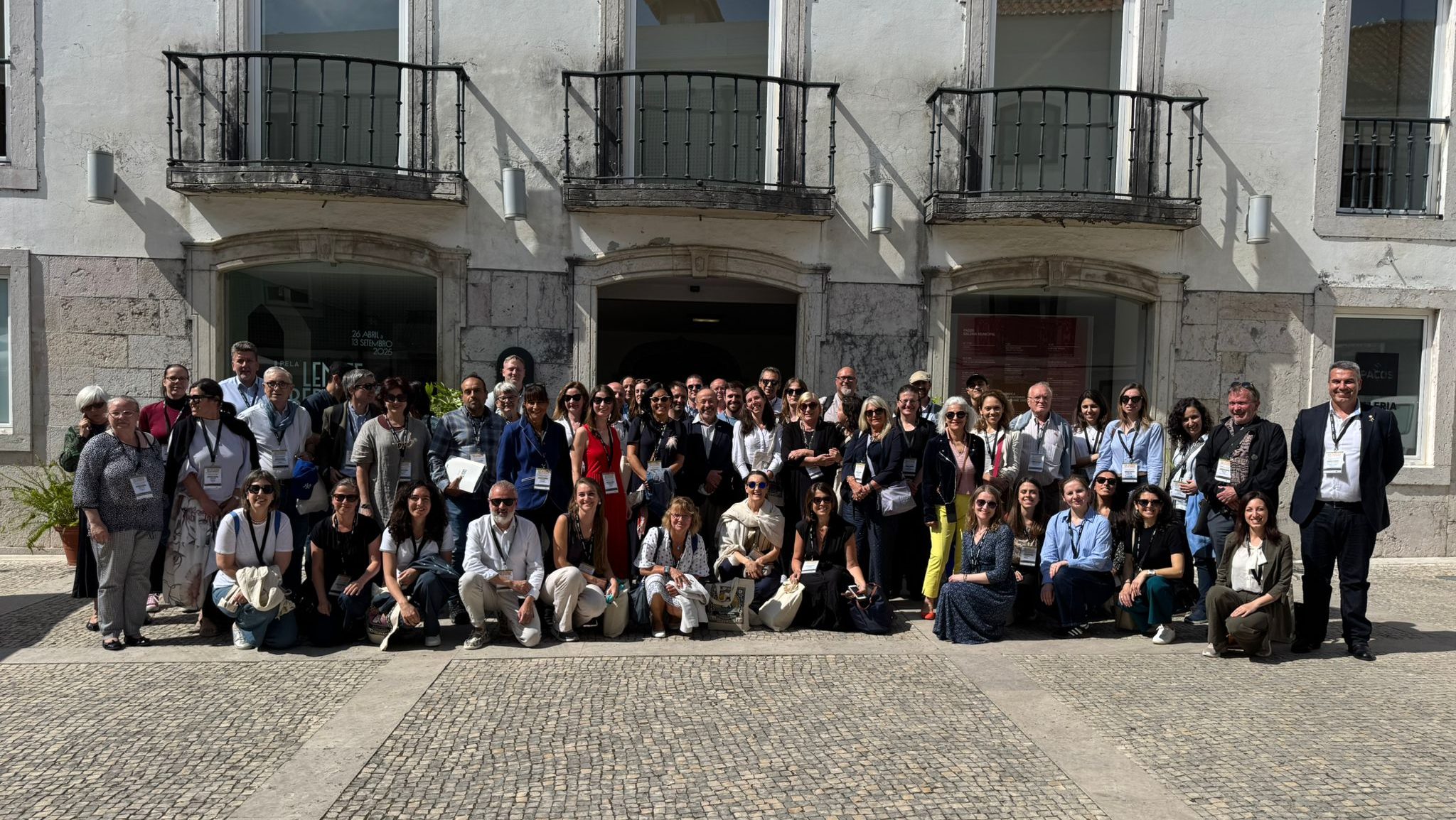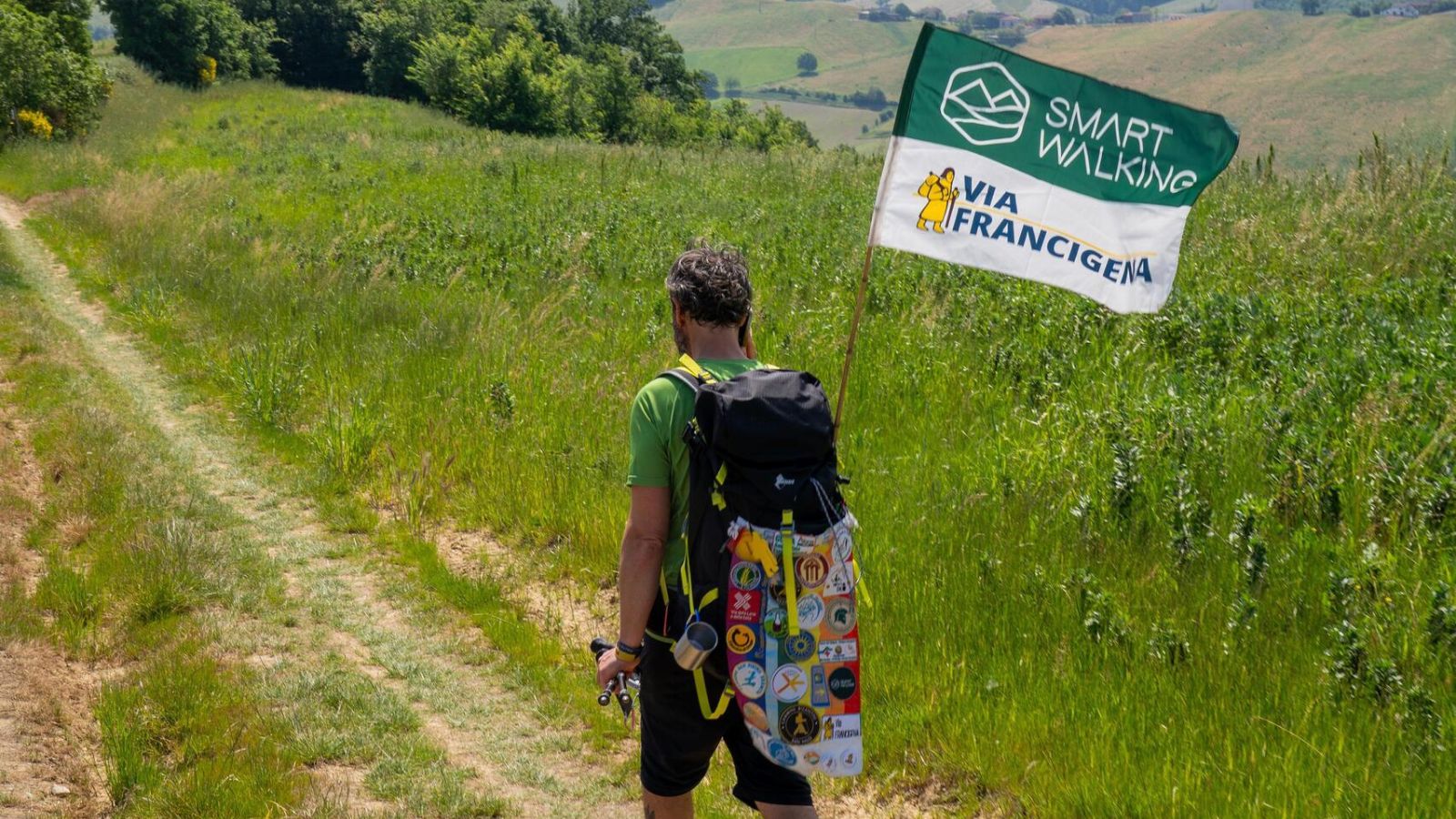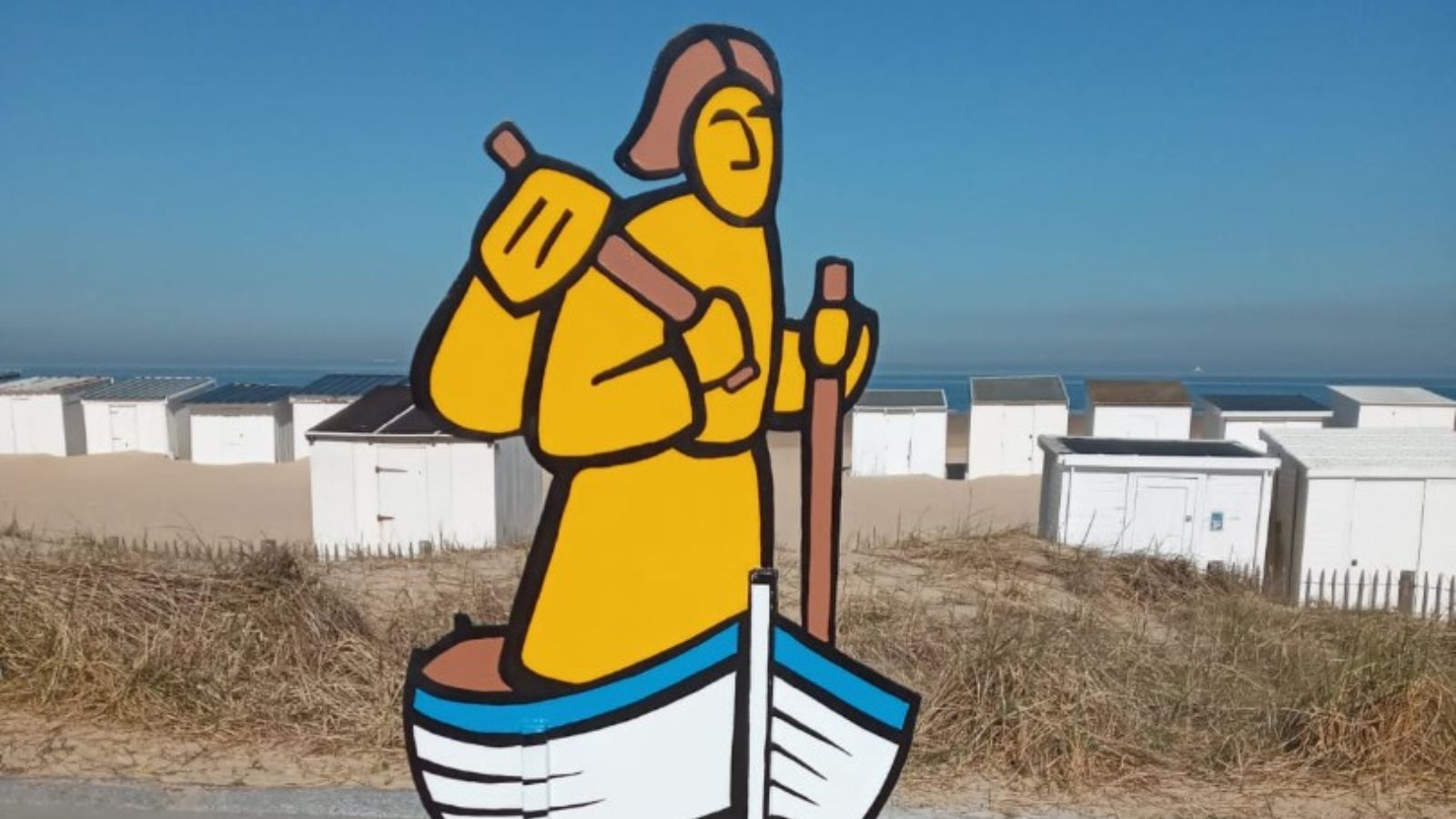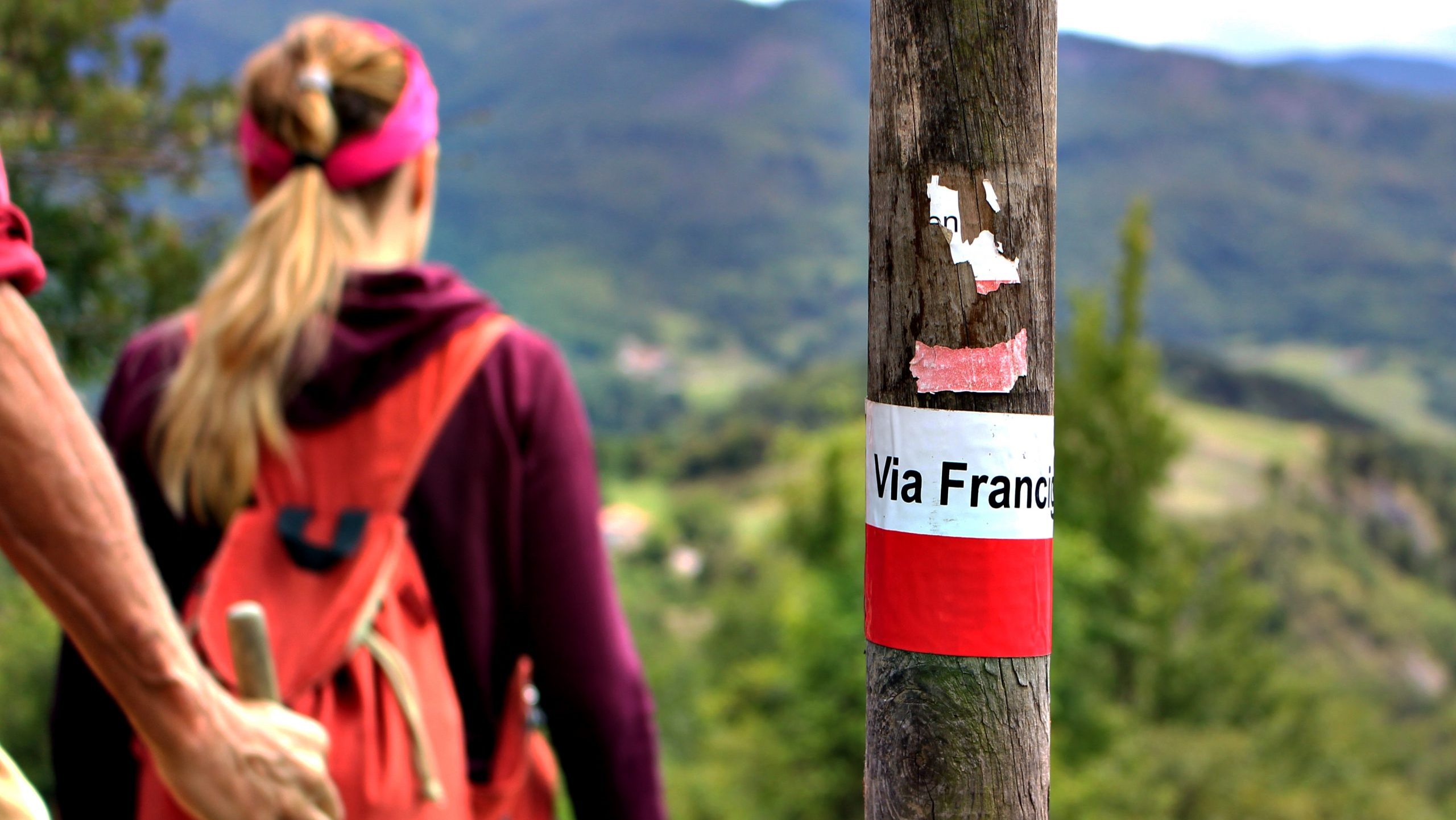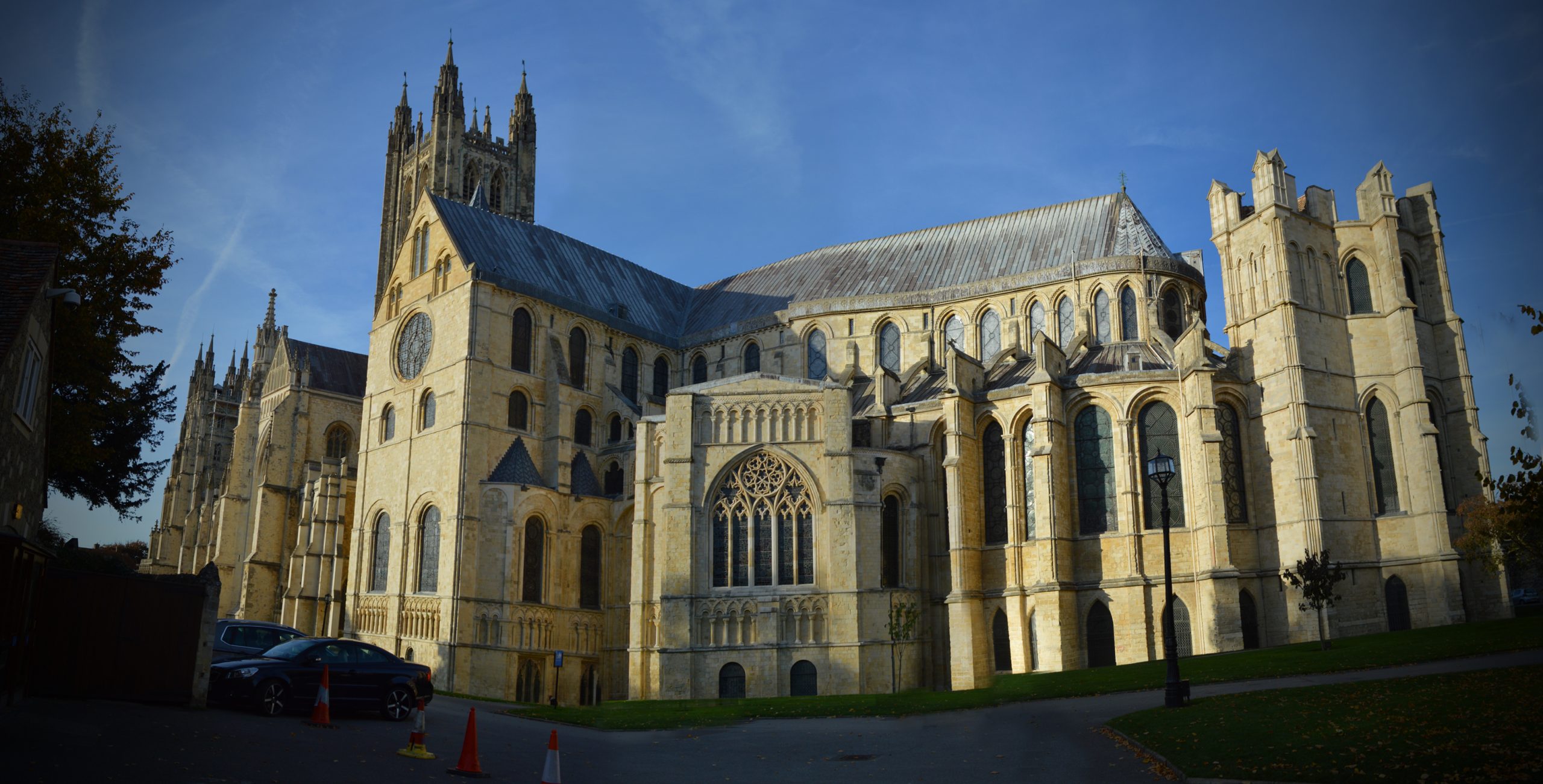On Monday, 3 June 2025, the staff of the European Association of the Via Francigena Ways gathered in Fidenza, in Emilia-Romagna region, for an important meeting focused on shaping the strategic plan for the 2026–2028 period.
Key Themes of the Meeting
The session was marked by active group work and strong collaboration among participants. Central to the discussion was the need to strengthen communication and connections between the Association, local municipalities, the Friends of the Via Francigena, local authorities, and all those involved along the route. The aim is to build an even more cohesive and dynamic network throughout the territory.
Another key focus was the European dimension of the route. The Via Francigena is not only a spiritual and cultural journey, but also a tangible symbol of transnational cooperation, uniting regions and communities through shared values. This is clearly demonstrated by European projects such as HIKE and DETOUR, in which EAVF plays an active role.
Throughout the day, participants also explored ways to improve the experience of both pilgrims and organisations operating along the route. Discussion centred on delivering more efficient services, fostering open dialogue, and creating tools for participation. Particular emphasis was placed on the crucial role of local small and medium-sized enterprises, which contribute significantly to the path’s economy by offering hospitality, food, support, and authentic experiences—while also benefiting directly from the tourism generated by the Via Francigena.
A specific focus was dedicated to sustainability. The need emerged for concrete tools to measure and communicate the environmental, social, and economic impact of the route, making its value as a model for slow and responsible tourism ever more visible and tangible.
Finally, strategies were discussed to better engage local authorities along the route and to enhance the visibility and importance of the official Via Francigena Pilgrim Passport—not only as a means of identification for walkers, but also as a cultural and spiritual symbol of the journey.
The day concluded with a convivial toast, where participants shared a glass of Champagne Blanc de Noirs “Champagne de Barfontarc”, brought directly from the recent General Assembly held in Troyes—a fitting tribute to the European spirit that continues to define the Via Francigena.
